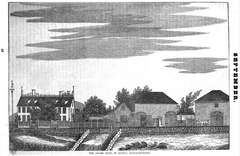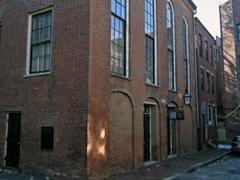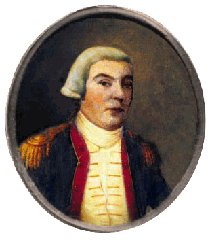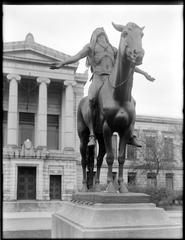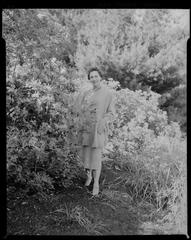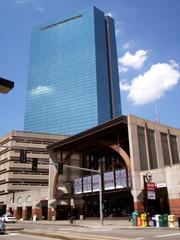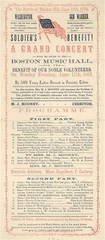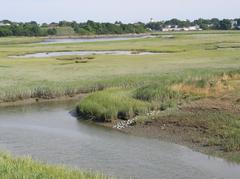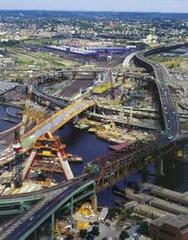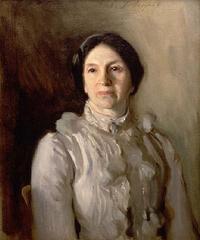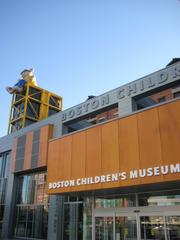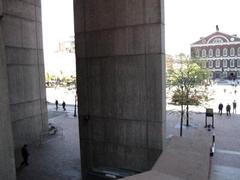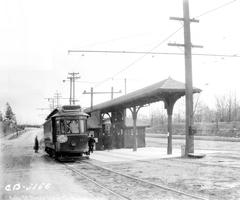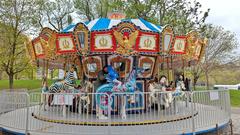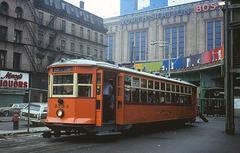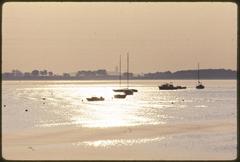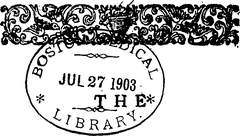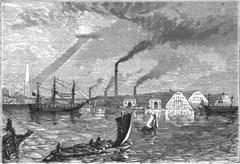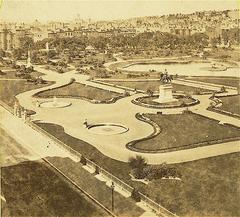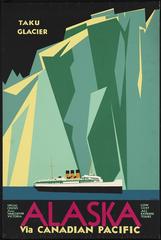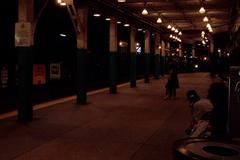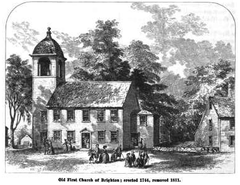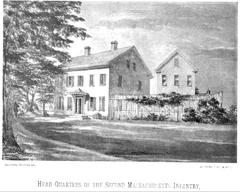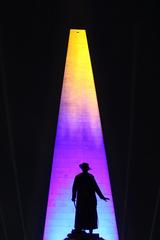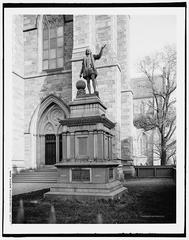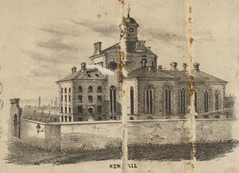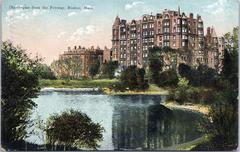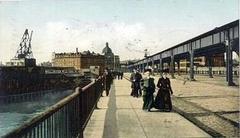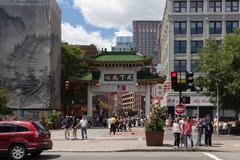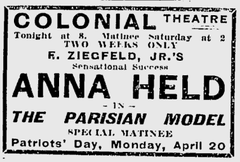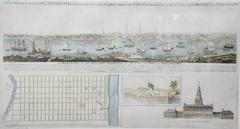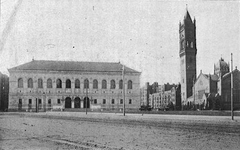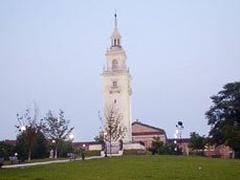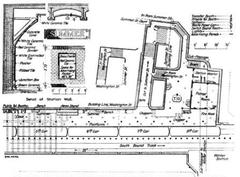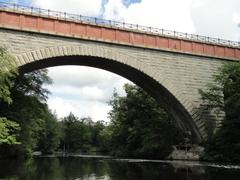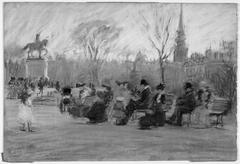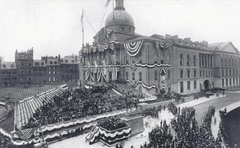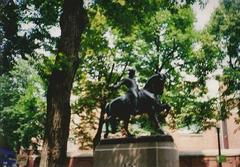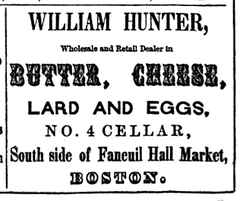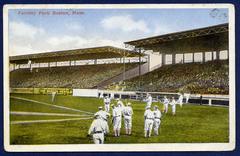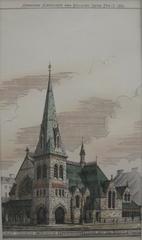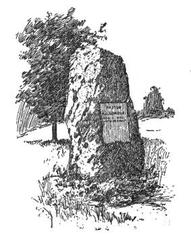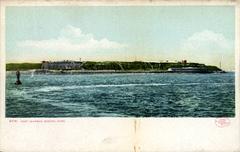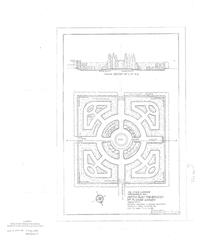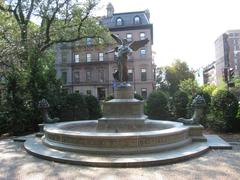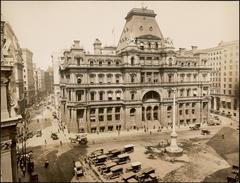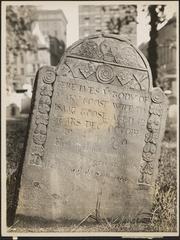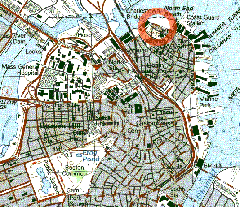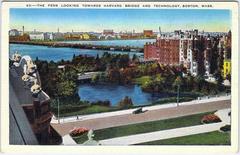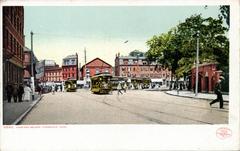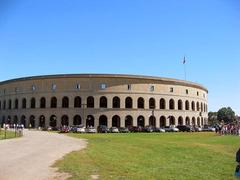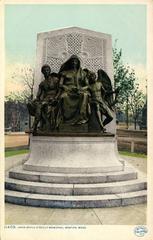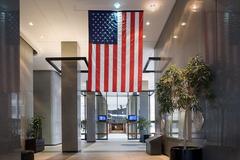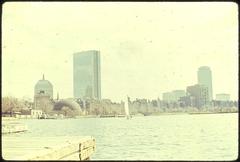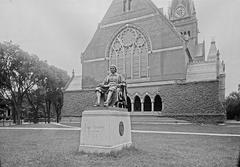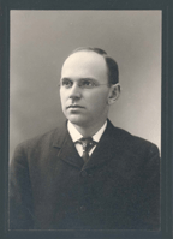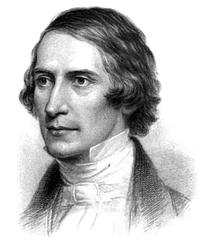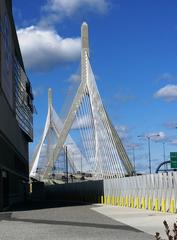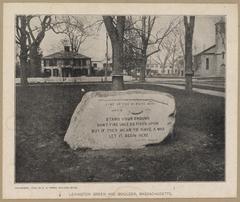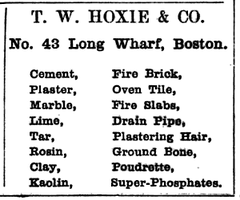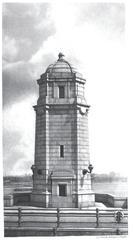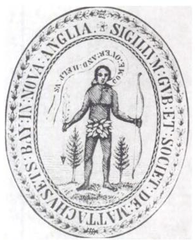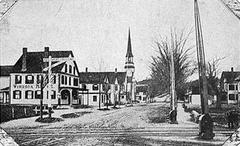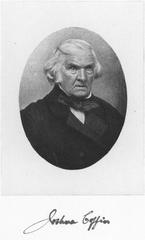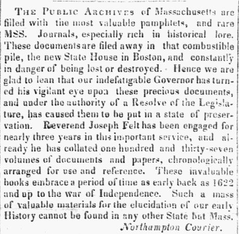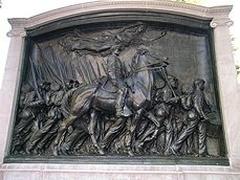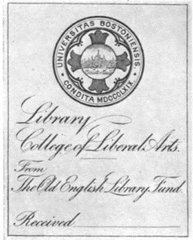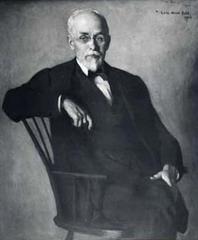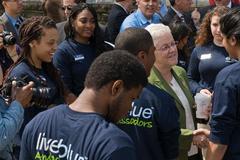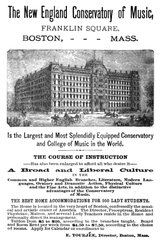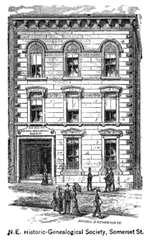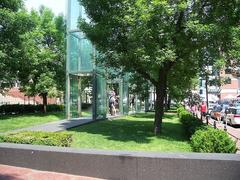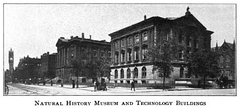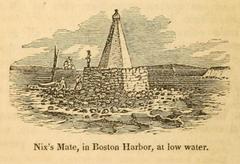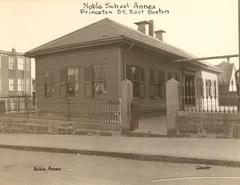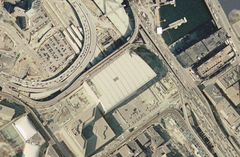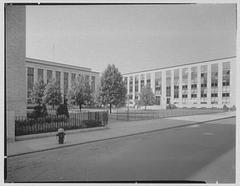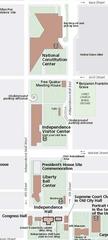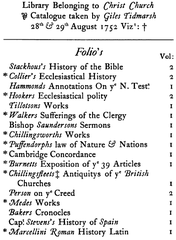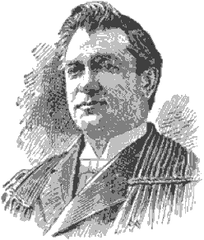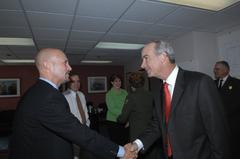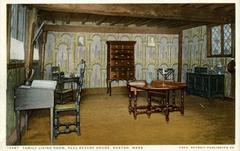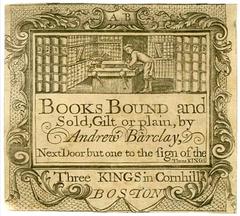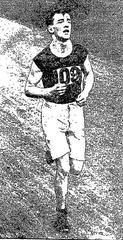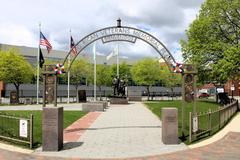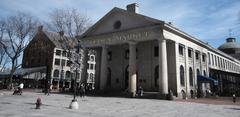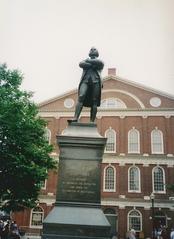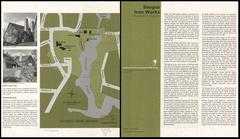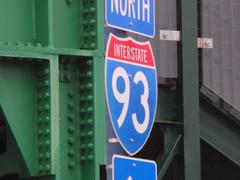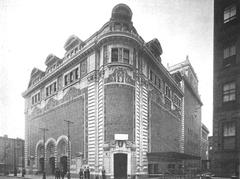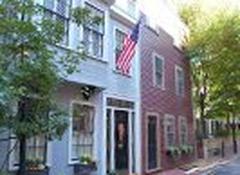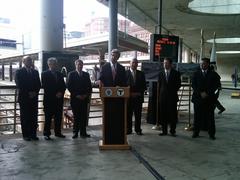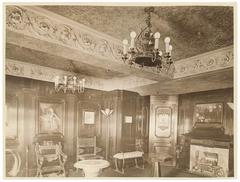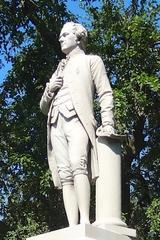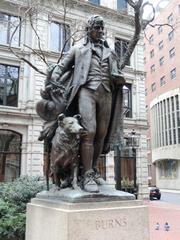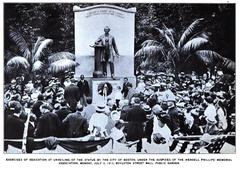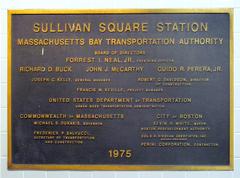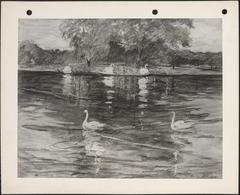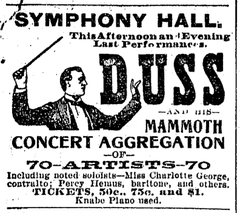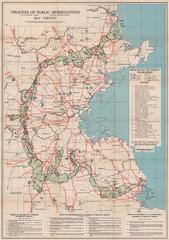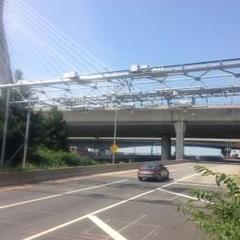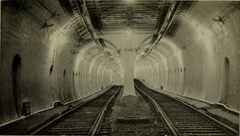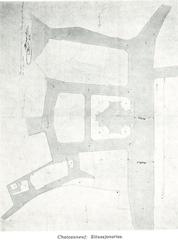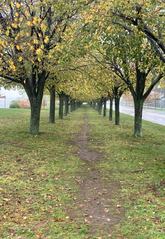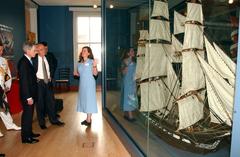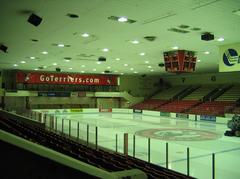
Charles Eliot Memorial Visiting Hours, Tickets, and Boston Historical Sites Guide
Date: 04/07/2025
Introduction
Nestled along the picturesque Charles River Esplanade in Boston, the Charles Eliot Memorial honors one of America’s most influential landscape architects. Charles Eliot (1859–1897) was a visionary whose work helped establish Boston’s Metropolitan Park System—the nation’s first metropolitan-scale network of public parks. The memorial, established in 1931 and designed by Arthur Shurcliff, stands as a serene destination for reflection, history, and appreciation of Boston’s green spaces (Esplanade Association; TCLF).
This guide provides a comprehensive overview of the Charles Eliot Memorial’s history, design, and cultural relevance, along with practical details such as visiting hours, accessibility, nearby attractions, and tips for making the most of your visit. Whether you are a history enthusiast, a nature lover, or an explorer of Boston’s heritage, this landmark reveals the far-reaching impact of Eliot’s vision (Wikipedia; Britannica).
Table of Contents
- Origins and Significance of the Charles Eliot Memorial
- Charles Eliot’s Legacy and the Transformation of Boston’s Parks
- Memorial Design and Symbolism
- Visitor Information: Hours, Access, and Tips
- Context in Boston’s Urban Landscape
- Frequently Asked Questions (FAQ)
- Additional Resources and References
Origins and Significance of the Charles Eliot Memorial
Erected in 1931 on the Charles River Esplanade, the Charles Eliot Memorial commemorates the life and achievements of Charles Eliot, whose innovative ideas shaped Greater Boston’s public spaces (Wikipedia). Eliot’s untimely death at 37 did not diminish his legacy; his advocacy for accessible, preserved landscapes led to the creation of the Metropolitan Park System and the world’s first land trust (TCLF).
The monument, a four-sided granite block with an integrated bench, was designed by Arthur Shurcliff, a student of Frederick Law Olmsted (Eliot’s mentor). Each side lists parks that Eliot helped establish, serving as a physical testament to his impact across the Boston region (Esplanade Association).
Charles Eliot’s Legacy and the Transformation of Boston’s Parks
Visionary in Urban Green Spaces
Charles Eliot, son of Harvard’s long-serving president Charles William Eliot, apprenticed under Frederick Law Olmsted and quickly distinguished himself as a leader in landscape architecture (Britannica). His philosophy centered on the idea that parks and natural spaces are critical for public health and civic pride, especially amid rapid industrialization (Wikipedia).
The Metropolitan Park System
Eliot’s most enduring achievement is the Metropolitan Park System—a revolutionary network of parks, reservations, and parkways encircling Boston (TCLF). His vision included oceanfront reserves, forested areas, urban parks, and riverbanks transformed from pollution to public use. Today, nearly 20,000 acres form this interconnected system, a model for urban conservation nationwide.
The Charles River Esplanade
The Charles River was once a tidal estuary suffering from industrial pollution (The Charles River Conservancy). Through Eliot’s advocacy, the riverbanks were acquired for the public, and the construction of the Charles River Dam in 1910 enabled the creation of the freshwater Charles River Basin (NPS). The Esplanade, home to the memorial, became a vibrant corridor for recreation, events, and reflection.
Memorial Design and Symbolism
Arthur Shurcliff’s design situates the Charles Eliot Memorial in a tranquil, landscaped plaza along the Esplanade’s main path (Halvorson Design; Solomon Foundation). The granite bench and inscribed monument invite contemplation amid mature trees and river views. Inscriptions name the parks Eliot established, reminding visitors of his wide-ranging influence.
The site’s 2014 restoration improved accessibility, landscaping, and seating, ensuring the memorial remains a welcoming destination (Esplanade Association). Its location is easily visible and accessible, near the Hatch Memorial Shell and Community Boating docks.
Visitor Information: Hours, Access, and Tips
Visiting Hours:
The memorial is accessible daily from dawn to dusk as part of the Charles River Esplanade. There are no admission fees or tickets required.
Accessibility:
Paved, level paths ensure wheelchair and stroller access. Benches, restrooms (seasonal), water fountains, and bike rentals are available nearby.
Getting There:
Closest MBTA stops: Charles/MGH (Red Line) and Arlington (Green Line), each a 10-15 minute walk across pedestrian bridges over Storrow Drive (Esplanade Association). There is no dedicated parking, so public transit or walking is recommended.
Nearby Attractions:
- Hatch Memorial Shell: Outdoor concert venue, home to the Boston Pops Fireworks Spectacular (Boston Discovery Guide).
- Museum of Science: 15 minutes east on foot.
- Boston Public Garden and Beacon Hill: About a mile south.
- Back Bay: Historic shopping and dining, a short walk away.
Best Times to Visit:
Late spring through fall offers lush scenery and lively events. Early mornings and weekdays are quieter. July 4th is especially festive with concerts and fireworks.
Tips for Visitors:
- Dress for the weather and bring water/snacks.
- Early morning and sunset provide the best light for photography.
- Respect the reflective atmosphere of the memorial.
- Dogs are allowed on leashes.
Context in Boston’s Urban Landscape
The Charles Eliot Memorial sits at the crossroads of Boston’s history, public life, and environmental stewardship (Luxury Travel Magazine). It is a living tribute to the city’s leadership in urban park development and a model for balancing recreation, conservation, and civic engagement.
The memorial’s presence reinforces Eliot’s lasting influence on Boston’s green spaces, inspiring ongoing restoration, community events, and educational programs (Esplanade Association).
Frequently Asked Questions (FAQ)
Q: What are the Charles Eliot Memorial visiting hours?
A: The memorial is open daily from dawn to dusk, year-round.
Q: Is there an admission fee or tickets required?
A: No, the memorial and Esplanade are free to the public.
Q: Is the memorial wheelchair accessible?
A: Yes, paved, accessible paths reach the site.
Q: Are guided tours available?
A: Occasionally, through organizations like the Esplanade Association. Check their website for the latest offerings.
Q: How do I get there by public transit?
A: Use the Charles/MGH (Red Line) or Arlington (Green Line) MBTA stations; access the Esplanade via pedestrian bridges.
Q: Are pets allowed?
A: Yes, leashed pets are welcome.
Additional Resources and References
- Esplanade Association – Charles Eliot Memorial
- The Cultural Landscape Foundation – Metropolitan Park System of Greater Boston
- Wikipedia: Charles Eliot (landscape architect)
- Britannica: Charles William Eliot
- The Charles River Conservancy: History
- National Park Service: Charles River Reservation
- Boston Discovery Guide: July Events
- Halvorson Design: Charles Eliot Memorial
- Solomon Foundation: Eliot Memorial Plaza
- Luxury Travel Magazine: Boston History
- City of Boston Parks & Recreation
Conclusion
The Charles Eliot Memorial stands as a testament to the enduring importance of green spaces in urban life and the visionary leadership that made them possible. Beyond its role as a historic landmark, the memorial is an active gathering point in Boston’s cultural landscape, inviting visitors to reflect, relax, and engage in the city’s legacy of conservation and public enjoyment.
Plan your visit for a rewarding experience of history, nature, and community spirit. For the latest events, guided tours, and visitor resources, consult the Esplanade Association’s website and consider downloading the Audiala app for personalized Boston travel guidance.
Sources
- Esplanade Association
- The Cultural Landscape Foundation
- Wikipedia: Charles Eliot (landscape architect)
- Britannica: Charles William Eliot
- The Charles River Conservancy: History
- National Park Service: Charles River Reservation
- Boston Discovery Guide: July Events
- Halvorson Design: Charles Eliot Memorial
- Solomon Foundation: Eliot Memorial Plaza
- Luxury Travel Magazine: Boston History
- City of Boston Parks & Recreation



